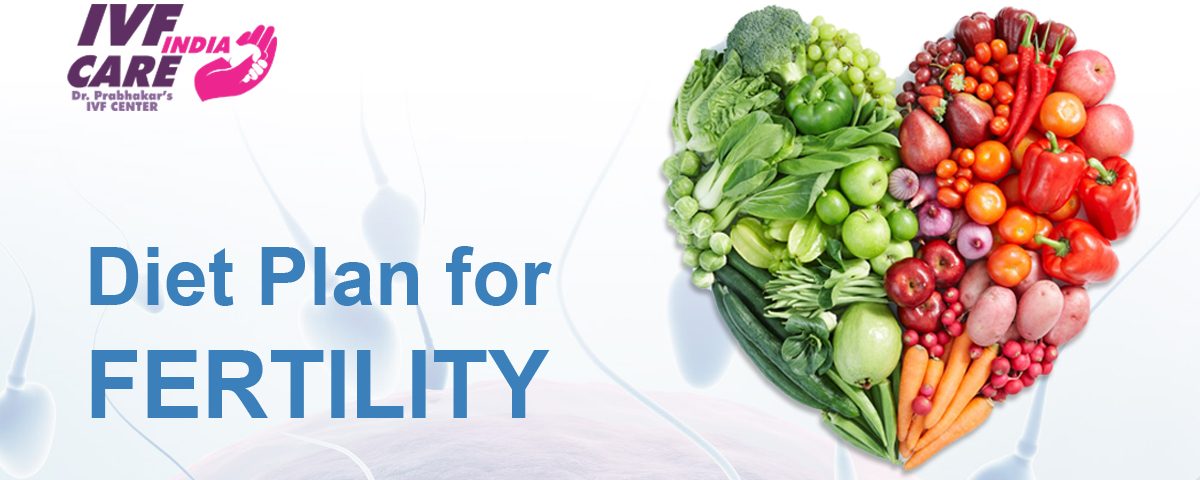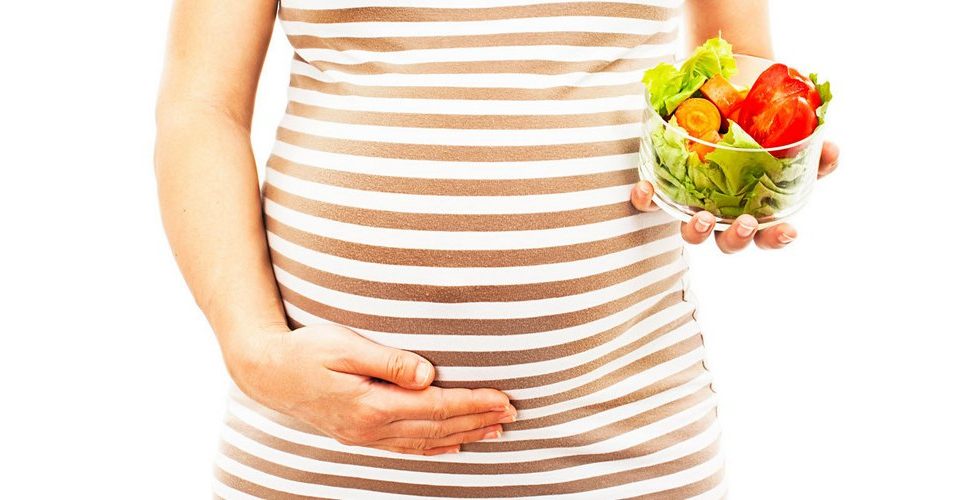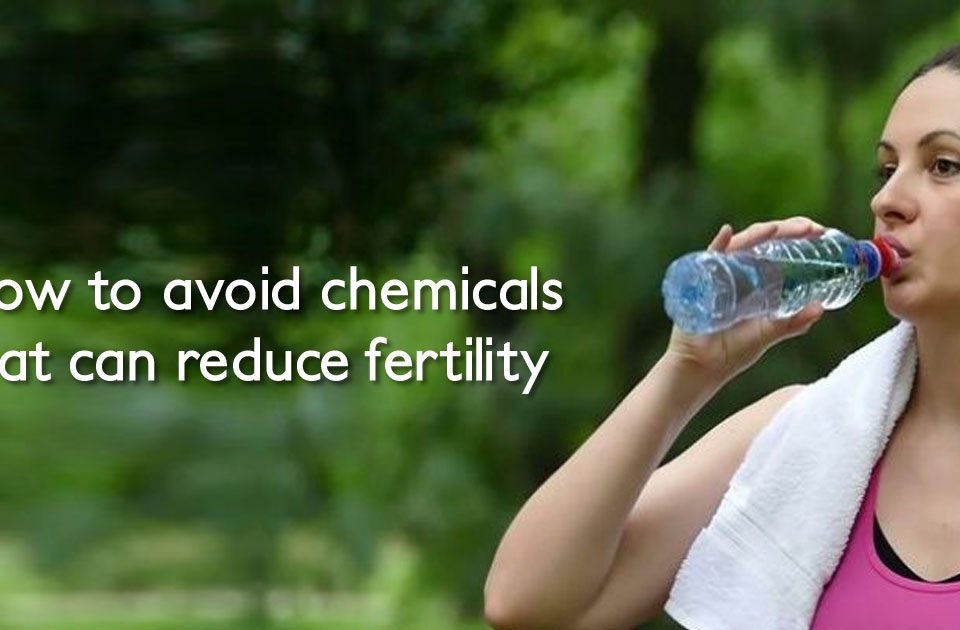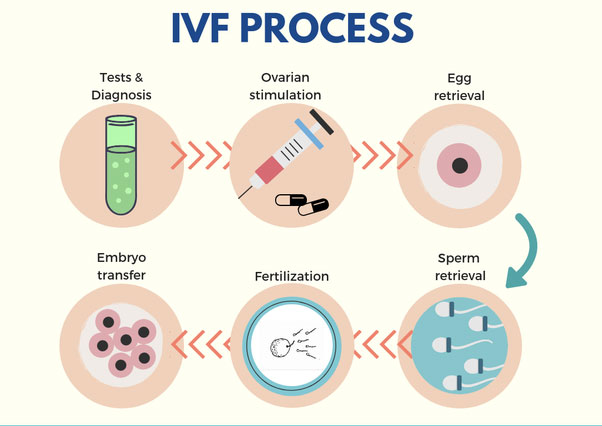IVF diet to boost success rate of IVF treatment

IVF process in 2020 step by step
March 12, 2020
How to avoid chemicals that can reduce success of IVF treatment
April 1, 2020You can develop healthy eating habits at any time of life, but two to three months before each cycle of IVF is enough to give yourself a good start. Once you have decided to take IVF treatment, start tracking your diet. Obesity or too low body weight are seen to adversely affect fertility and reduce the success rate of IVF. So, proper IVF diet is a great way to fight these issues. paying attention to your diet and nutrients will help your body carry on pregnancy easily.
The supreme goal of an IVF treatment is to produce good quality eggs and sperm. There are some researches that prove certain diets and lifestyle changes can significantly impact IVF success not only for the ultimate purpose of conception but also for the baby’s all-round development.
For the success of the In-vitro fertilization method, We advise patients undergoing in-vitro fertilization to consume specific types of food for actual benefits. There are also some diets that, when consumed, can cause problems and decrease the success rate of IVF. Thus, people need to know what to eat and what not to eat while undergoing In Vitro Fertilization treatment.
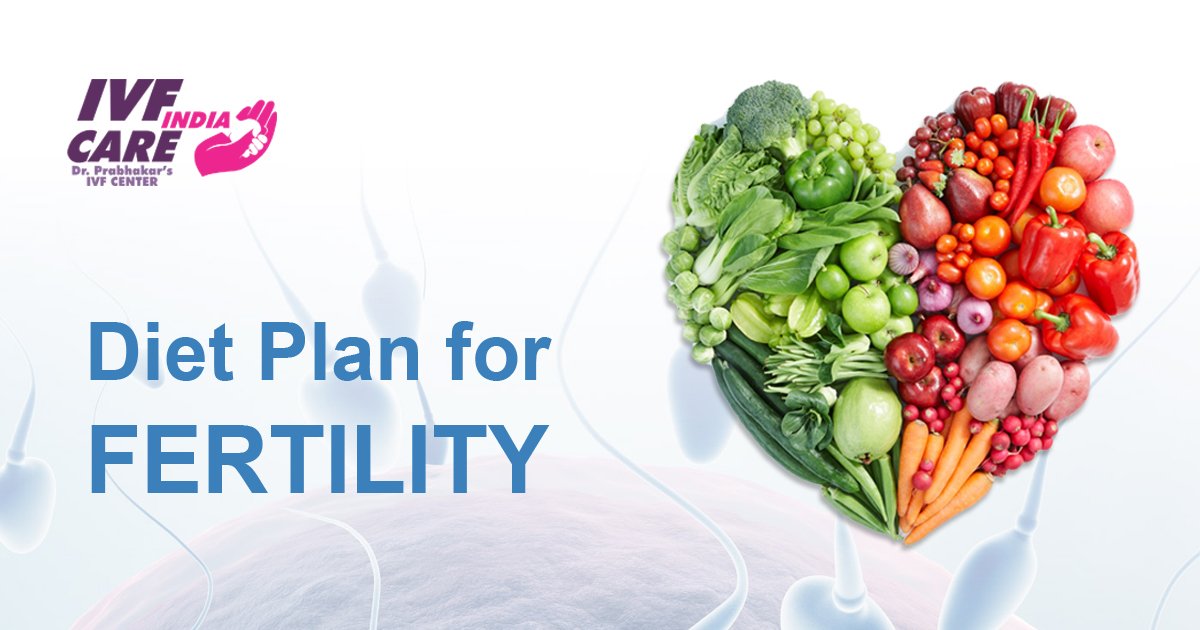
This article explains both foods or diets that may and may not be eaten during or before going for IVF. Use this diet plan to improve egg quality and high your IVF success rate. Please read on!
Best food to eat during IVF treatment
These are some of the common foods that can be eaten as part of In Vitro Fertilization treatment. In simple language, you can call it an IVF diet
Water for hydration
With today’s lifestyle, drinking enough water for your body has become a task. We forget to drink water, so our body has to suffer. Our body’s optimal water level is connected to maintain a good balance between different body elements. Water also supports circulation. So, make drinking the required amount of water every day a ritual; Fertility experts suggest drinking 8 glasses of water daily.
Fat content
Many experts suggest avoiding eating foods rich in saturated fats. Unsaturated fats are good for the body. They can help digest nutrients in the body’s food. But according to some research, saturated fat is only necessary for the proper functioning of the body.. This debate leads to no conclusion, as it misleads the elect.
Protein-Rich Foods
Protein-rich foods must be added to the IVF diet. The body needs them to produce the hormones and eggs needed for reproduction. Eating at least 65 grams of protein daily from foods like eggs, flax seeds, fish and lean meats (fish and chicken) is suggested. The vegetarian must eat more nuts, beans, soybeans, legumes like Chickpeas (channa), beans, peas, lentils (dal), Lupins and other protein sources.
Carbohydrates Rich Foods
Carbohydrates are mostly said to be the main villains of a healthy body diet. But for in vitro fertilization, intake of healthy carbohydrates is very essential as it is a source of energy for several daily physical activities. Intake of the fruits in plenty, whole grains and eggs will give the body sufficient energy for any challenging tasks that can be done for a day.
Foods Rich in Zinc
Zinc is needed for the body’s defensive (immune) system to properly work. So foods rich in zinc are added as the main dietary course while undergoing In Vitro fertilization. Pregnant women or women trying to get conceived by the In Vitro Fertilization method are suggested to eat at least 20 mg of zinc daily to enhance the body’s reproductive system health. Zinc helps maintain male and female hormone levels, so foods rich in zinc such as nuts, whole grains, lean meat, beans, potatoes, and dairy products must be consumed in large quantities.
Folic acid
Folic acid is very good for pregnancy. Folic acid and certain parental vitamins help to make a child’s brain and spinal cord healthy. Generally, birth defects occur in the first 3-4 weeks of pregnancy due to a lack of certain nutrients in a child’s body. You can store the amount folate in your body to ensure the proper brain and spinal cord development.
Iron-rich food
Boost your body’s iron storage, as iron deficiency or anemia, can make your baby born too early or too small. Every month during menstruation, women lose iron and many suffer from iron deficiency due to lack of a healthy diet. Iron in the body relates to ovulation and egg health; anemia results in poor egg health.
Make sure your diet includes iron-rich foods such as pumpkin seeds, oysters, and spinach.
Natural Food Diets
A well-balanced and healthy diet must consist of fresh fruits, nuts, vegetables, organic foods, and seeds. Consuming varieties of fresh and organic foods will boost reproductive system health. These contain all the nutrients required for body functioning and also the body’s reproductive system.
Organic Foods
Organic Foods Organic foods lack chemicals like insecticides and pesticides that often simulate endocrine disruptor functions. These disruptors cause adverse effects on the reproductive system’s hormones, so it is advisable to always consume only organically grown foods.
Cheese
Cheese can be taken during IVF pregnancy. It is a good source of protein for vegetarians,
Amino Acid like Arginine
Studies show that male and female fertility can be enhanced with arginine supplementation. This amino acid is needed to perform a range of functions within the body and is particularly important for the circularity system. Arginine helps to strengthen erections, it may promote more frequent sexual intercourse. This can enhance the chance of conception.
List of the food to add in your diet during IVF treatment:
Green Leafy Vegetables, Cabbage, Broccoli, Potatoes, Banana, Pineapple, Salmon, Complex Carbs, tofu, nuts, mooli ke patte, (whole grain, unrefined cereals, unpolished rice, whole wheat atta, broken wheat, oats, etc), cauliflower, kale, kiwi, orange juice, papaya, red, green or yellow pepper, sweet potato, strawberries, and tomatoes, colorful fruits, and vegetables
Foods to Avoid with the ‘In-Vitro fertilization’ Treatment
Coffee
Coffee Health experts recommend drinking only a limited number of coffee cups a day. The amounts mustn’t exceed two cups a day. Or else, it will seriously affect the rates of pregnancy chances when undergoing In Vitro Fertilization treatment.
Alcoholic Beverages
If a person wishes to increase their chances of fertility, they must refrain from alcohol consumption. Also, pregnant women who drink alcohol will maximize their chance for abortion and other issues like fetus impairment and the baby’s overall growth.
Sea Food
Sea food-rich foods must always be avoided. That’s because mercury causes severe birth defects consequences. So it’s wise to refrain from getting pregnant. Eating uncanned smoked seafood is not suitable for pregnant women and women during their pregnancy as it can cause listeria infections, which is a very dangerous problem for pregnant women.
Refined sugar
Refined sugar must be avoided during in vitro fertilization. The sugar burns quickly and alternatively cause blood sugar spikes and fluctuations from high to low level. Changes in insulin levels can result in insulin resistance, which will negatively affect fertility rates.
Artificial Sweeteners
Some people use artificial sweeteners for tea or coffee cups. They must learn to use Agave Syrup more nutritional. People must also read product labels to check if they contain artificial sweeteners. During the In Vitro Fertilization treatment, artificial sweeteners must be avoided.
Raw forms of Egg
The raw form of eggs are used in many food products such as mayonnaise, biscuit cream, and salad dressing. But there’s a virus called salmonella virus in raw eggs that can cause food poisoning. Therefore, avoiding raw eggs is recommended. Cook well before eating.
Saturated fats
During the In Vitro fertilization treatments, foods rich in saturated fats must be avoided. Because eating rich amounts of saturated fats makes in-vitro fertilization less successful. Women consuming saturated fats have fewer mature oocytes. Research conducted by the Harvard School of Public Health showed that women who reduce their intake of saturated fat will have a better chance of conceiving a baby by In Vitro Fertilization. Fast Food Fast foods must also be avoided as they are rich in the number of saturated fats, sodium and trans fats that can cause infertility due to the obese body.
Processed and Preserved Food
We advise patients to avoid processed foods, junk food, and processed meats. These tend to be worse for general health and wellness due to preservatives and fillers.
IVF fertility depends on these two things, what to eat and what to avoid! Stay careful during pregnancy.
For all your questions about pregnancy and fertility, call 7505712063 to speak with the country’s best team of fertility specialists.

